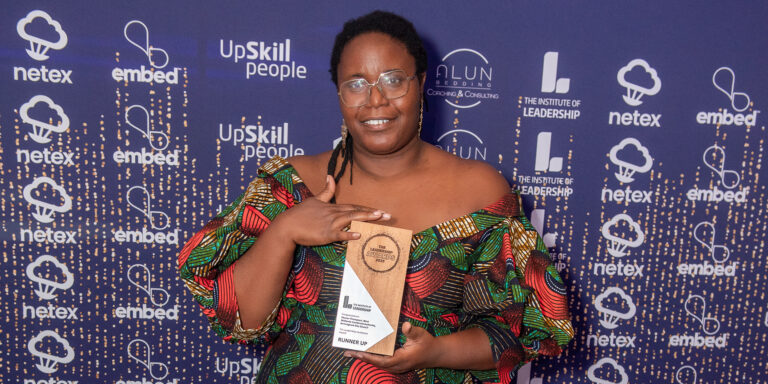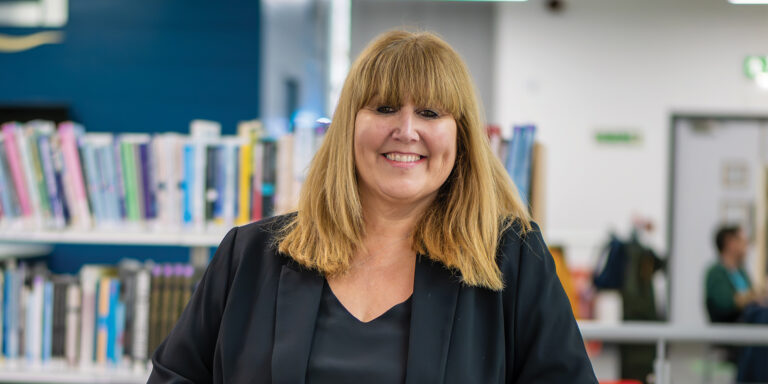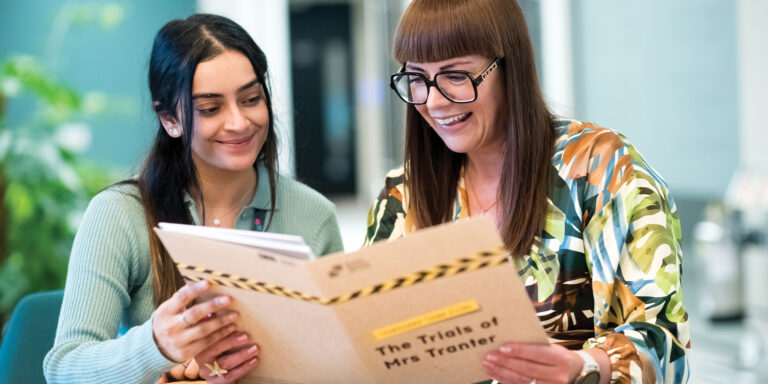How did you come to be doing the job you are doing today?
I’ve always believed that if younger leaders received the same structured leadership development we had in the military, organisations would benefit from a level playing field of capable future leaders – and individuals would gain greater resilience and adaptability. That belief led me to found FEED Leadership Consulting and create the IoL-accredited NextGen: Learn Lead Grow course, designed to make leadership learning accessible, engaging, and genuinely transformative for those at the start of their journey.
If you weren’t doing this job, what would you like to do?
I’m passionate about women’s sport, so I’d love to be involved in helping grow participation and strengthen its commercial reach and visibility. The progress in recent years has been inspiring, but there’s still huge potential to build pathways that empower women and girls through sport. Either that, or I’d finally follow in my dad’s footsteps and become a film director! I’ve always been fascinated by storytelling, and in many ways, leadership and film share the same essence: it’s all about bringing people together around a shared vision and helping them perform at their best.
What is one common misperception of your work?
A big one is that leadership development doesn’t have a clear ROI – that it’s somehow a ‘nice to have’ rather than a business-critical investment. Another is the belief that it can be fixed quickly with a few short online videos or a half-day workshop. It can’t. Real leadership growth takes structure, consistency, and inclusion – it needs to be delivered over time and available to everyone, not just the chosen few. When you do it properly, leadership absolutely delivers hard returns: higher performance, better retention, stronger cultures, and people who bring their best selves to work every day. In my view, it’s not a soft skill at all – it’s the foundation of every successful organisation.
What is one fact about yourself that most people would be surprised to know?
I actually grew up in a very creative household – my mum was a successful film and TV actress, and my dad a television and film director. So when I announced I was joining the Army, most of my friends thought I’d completely lost the plot! But for me, it made perfect sense. The military was just a different kind of stage – one where teamwork, performance under pressure, and communication really mattered. In many ways, it blended what I’d learned from my parents with my own drive to create environments where others can perform at their best.
If you could offer a piece of advice to your 18-year-old self, what would it be?
I’d tell myself to pause before judging people’s behaviour – or assuming it’s about me. When you’re younger, it’s easy to take things personally or react to what you see on the surface. With time, you realise that most behaviour has deeper roots: pressure, fear, uncertainty, or simply someone having a hard day. Age teaches you to look beyond the obvious, to listen with empathy, and to respond with understanding rather than defensiveness. I wish I’d learned earlier that what sits beneath the surface often tells the real story.
How do you feel to be nominated for Institute Advocate of the year?
Honestly, I’m a bit surprised, genuinely humbled, and hugely energised by it. I’ve always seen my involvement with the Institute as a way to contribute – to share ideas, support others, and champion accessible leadership development for everyone, not just a few. To be recognised for that is both unexpected and really exciting. It reinforces how powerful the IoL community is when people actively engage, and it motivates me to keep pushing forward – helping more people see leadership as something to grow into, not wait for.
Read more about Institute Advocate of the Year finalists.





